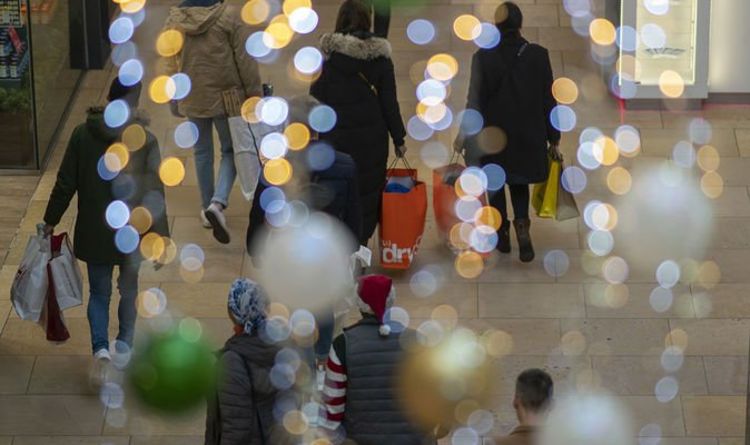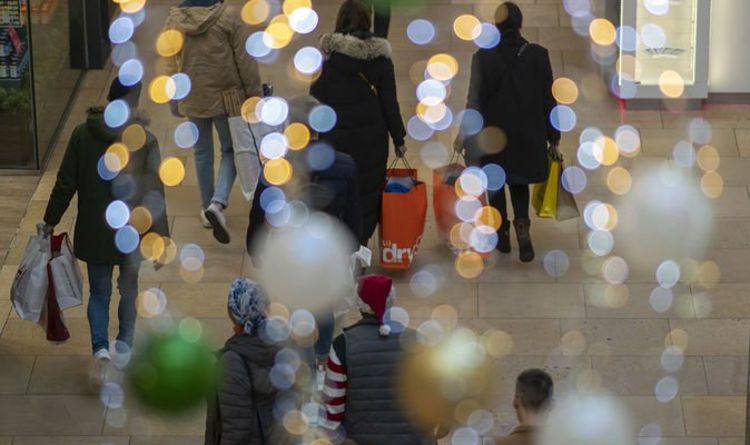
For retailers work on Christmas – the biggest selling opportunity in the calendar – can begin in January or earlier and peaks trade-wise mid-summer. The big beasts like supermarkets and store chains often spend several thousands of pounds staging individual events to ensure publicity later on in gift guides, shopping pages and the like, while SMEs have traditionally done what they could on limited budgets.
But in 2017, after organising individual summertime Christmas shows and realising how important the scheduling was to brands, events expert Courtney Rogers identified a need for an alternative suited to the changing retail landscape.
From that, her Christmas in July festival was born, based on a fixed date and under-one-roof format was born.
The concept creates a space “where brands and retailers can launch their Christmas trends and products collectively to maximise that most profitable time of the year, get exposure and slash hosting costs,” explains Rogers, likening it in part to the way collections are launched in Fashion Week and how high street clusters operate.
“Initially our biggest hurdle was convincing brands and retailers that being side by side would work in their favour.
They were reluctant simply because it was different to how they had always approached Christmas,” she adds.
“Now our value driven message of ‘stronger together’ has come to the fore especially at the moment when there is more economic uncertainty.
“Collaboration maximises return on investment.”
The event, which has so far opened up a new channel for 130 brands and 50 agencies, now spans two days for media and influencers, reflecting the digital shift in retail.
Rogers has also introduced a gift guide portal platform enabling businesses to connect all year. With sustainability now a top consideration, she has also phased out non-reusable plastic.
Last summer the festival featured a range of companies offering fine foods and drinks, goods and experiences.
The strongest themes included traditional British, with pottery queen Emma Bridgewater and Mayfair wine merchant Berry Bros & Rudd, and the boldly innovative, with sex toy maker Lovehoney and DIY computer kit maker Kano.
Another exhibitor, conservation charity the National Trust, says: “We’ve seen not only our coverage increase but a recognition and understanding of the our retail range.”
Having witnessed growth of 55 per cent, Rogers is forecasting a healthy £550,000 turnover for the business next year.
Debenhams is set to be the largest signing to date when the festival moves to its new home, the Business Design Centre in Islington, north London in 2019.
Bookings have already reached 42 per cent – but that does not mean smaller players will get edged out in favour of the luxury heavyweights.
“We have a dedicated area for emerging brands, it’s one of the favourite parts of the show,” says Rogers who is now looking to expand her team of six as she explores how to export her format overseas.

